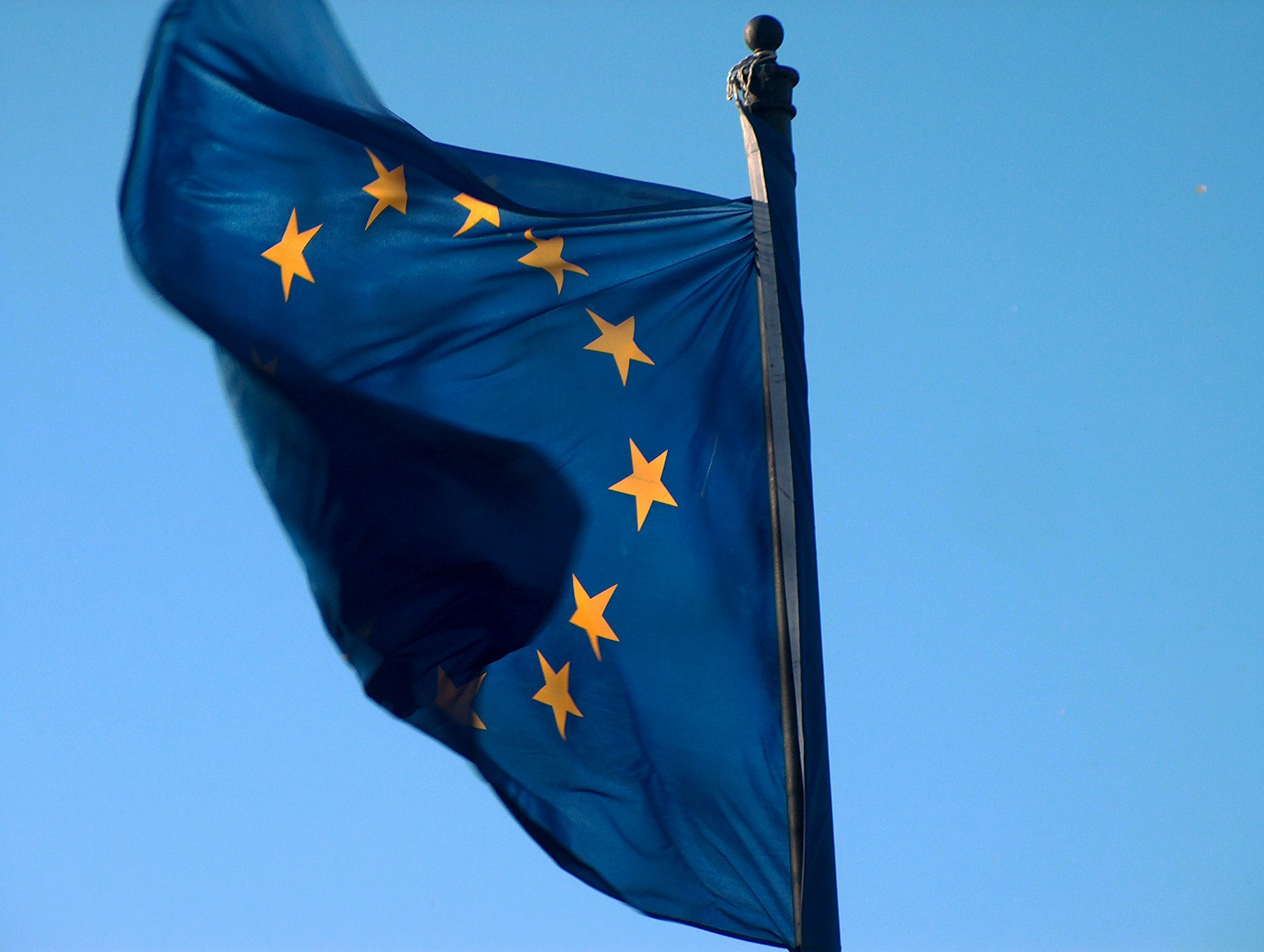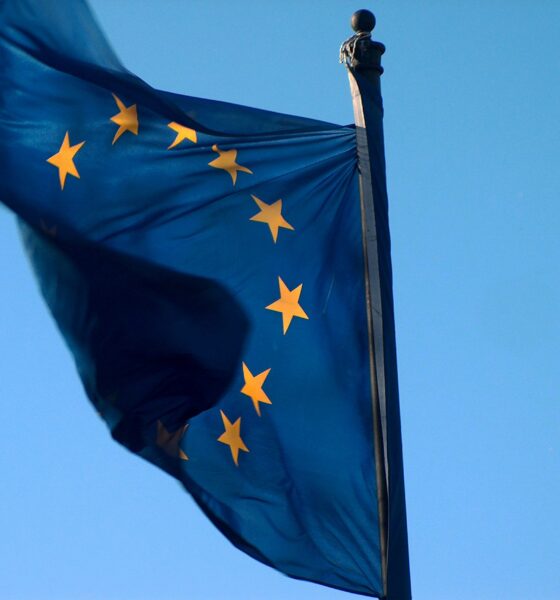

Economy
True political change is the only way forward
The public has spoken… kind of. The European elections last week saw just 33.8% of the British electorate turn out to vote, although the typical British weather may have had a hand to play in that.
But for those who did bravely face the elements with their umbrellas in one hand and polling card in the other, the election they were about to exercise their democratic right in turned out to be one of the most significant in modern British political history.
For the first time in a century, a party other than Labour or the Conservatives won a national election, with Ukip topping the polls with 27% of the votes (though, as Ampp3d pointed out on Twitter, the “political earthquake” its leader Nigel Farage promised is more of a slight rumble when you factor in the 31 million people who didn’t even vote).
In the aftermath, deputy prime minister Nick Clegg faced calls from within his own party to resign as leader of the Liberal Democrats. In Europe, it was pushed into sixth place overall by the Green party and the SNP, clinging onto just one seat. The business secretary Vince Cable, also a Lib Dem, has been tipped as a potential successor to Clegg. He said that now was not the time for “infighting and introspection”.
Labour and the Conservatives, who have traditionally beaten each other to first place in national elections, have acknowledged that with Ukip snapping at their heels and a general election less than 12 months away, things need to change. Whilst David Cameron headed over to Brussels on Tuesday to tell his European counterparts that reform and change was needed, Ed Miliband said that the future of the country is as part of the EU. The Labour leader also said that Ukip’s success showed a “deep sense of discontent for the way this country is run”, adding that major changes need to be made in the policies.
But why did Ukip do so well? Some claim that it was simply a protest vote; that the party is offering a tenable solution to some of the key issues we face as a society; or that the excitement of a new party offering to change the way the country is being run simply attracted disillusioned voters who would normally turn from one main party to the next.
But does Ukip offer genuine solutions? Sure, Farage seems like a normal, pint-drinking, cigarette-smoking chap from down the pub, and he sure knows how to give a good speech, but the ideology that he stands for and the issues at the crux of Ukip’s main policies manage to, by Farage’s own admission, stir up a racial rhetoric that has no place in 21st century society.
What we need is a political leader that will, just once, promise real change to bring politics hurtling through the centuries, where the language and traditions politicians seem to observe are from, and into the present day. It is no wonder that only 33.8% of those who were eligible turned out to vote last week, when those they are supposed to vote for get paid a modest salary to speak in a language barely comprehendible to the average person.
We need a leader who can offer the conditions for people to earn a decent living to pay the bills and bring up a family, and not have to decide between heating their homes or feeding the mouths around the table.
We need a leader who will make sure that everyone has the same opportunities to access a decent standard of education, free healthcare and a safety net for when you lose your job in the name of austerity, irregardless of your colour, your gender, which school you went to or how little money you have.
We need a leader who will come down hard on irresponsible banks that, whilst being given the run of the pen, have a disregard for the impacts their fixation on the quick bucks have on wider society.
We need a leader who will ensure that Britain has a good platform to stand on in the global arena and speak with authority on the issues that really matter, such as solutions to climate change and human rights issues.
Regardless of the colour of this leader’s card, their presence is much-needed in British politics. The changes that are needed in order to resolve some of the fundamental problems faced by the society we live in extend much further and run much deeper than the UK’s membership of the EU.
Photo: Krzysztof Szkurlatowski via freeimages
Further reading:
Leaders acknowledge need for EU reform after Euroscepticism rules at European elections
Jonathon Porritt: EU ‘remains mired in the last century’
European election results: Greens push Lib Dems into fourth as Ukip tops polls






























